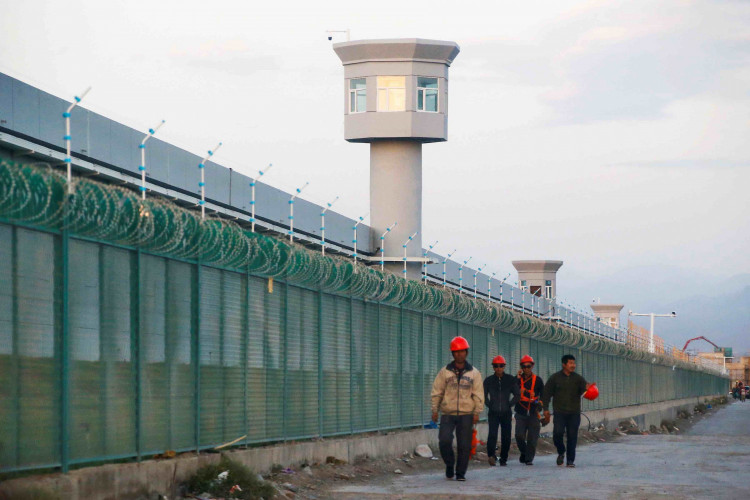Finland-based pulp, paper and forest products maker paper Stora Enso Oyj will stop supplying wood-based viscose rayon fiber manufacturers after it was revealed factories employing forced laborers in Xinjiang were receiving raw materials from the company.
Soluble pulp, a main ingredient in wood-based viscose which can be spun into clothing and textiles is produced at Stora Enso's Uimaharju mill in east Finland. It will be phased out, the company announced.
"We are moving away from the global soluble pulp segment for viscose production," chief financial officer Sepp Parvi said. "It is not the core of our operations and represents only a very small part of our entire business."
The policy change was announced when local news media questioned Stora Enso's role in the viscose supply chain after a South China Morning Post article revealed the industry's links to forced labor allegations in Xinjiang.
Finland is the largest supplier of soluble pulp to China. China is alleged to have detained hundreds of thousands of Uyghurs in "reeducation" camps in the far west of the country.
These detainees are allegedly subjected to forced labor at these sites where they make materials important for many foreign brand's manufacturing - including Japan lifestyle company Muji and fast fashion retailer Uniqlo.
Dozens of prominent fashion groups have come out against the use of Xinjiang-produced fabrics such as cotton and viscose.
China officials dismissed this as "a strategic conspiracy to attempt to disrupt China." A campaign to cripple foreign fashion companies through boycotts is in full swing on social media.
Stora Enso's decision to stop exporting their pulp to Xinjiang will have limited financial consequences. "The divestment of our soluble pulp business will not have a material impact on our financial results," Parvi said.






